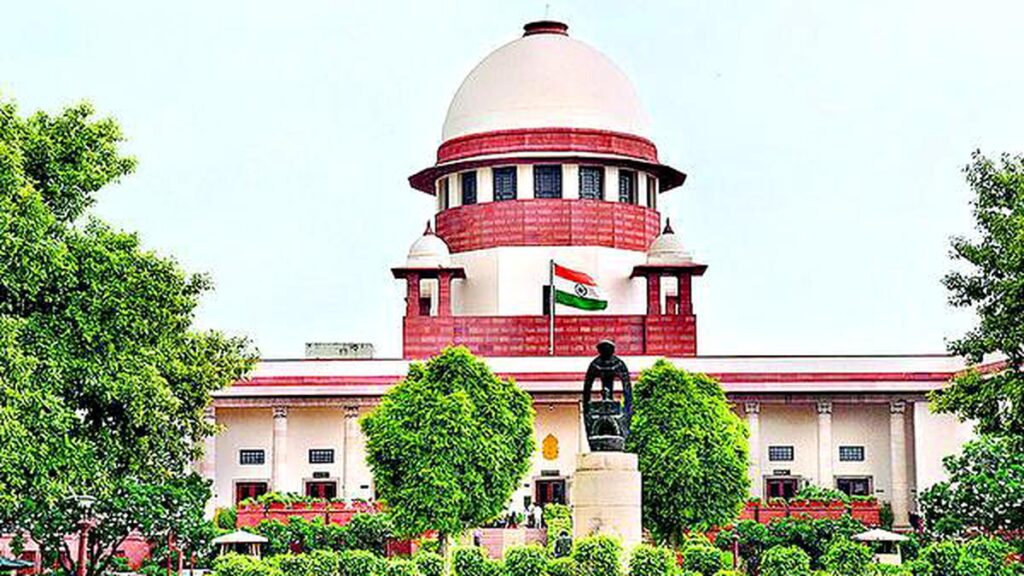
The Supreme Court of India has agreed to review a public interest litigation (PIL) challenging the restrictive blood donation guidelines imposed by the National Blood Transfusion Council (NBTC) and the National Aids Control Organisation (NACO). The guidelines currently prohibit transgender individuals, female sex workers, and gay men from donating blood.
On Friday, a bench led by Chief Justice of India (CJI) DY Chandrachud issued notice on the PIL and directed that the plea be listed alongside a similar pending matter. The PIL, filed by advocate Ibad Mushtaq, contends that the 2017 Guidelines on Blood Donor Selection and Referral violate the constitutional rights to equality, dignity, and life as enshrined in Articles 14, 15, 17, and 21 of the Indian Constitution.
The guidelines in question are criticized for their blanket prohibition based on outdated prejudices. The PIL argues that these restrictions are rooted in the discriminatory attitudes of the 1980s, which have since been revised by many countries, including the United States, the United Kingdom, Israel, and Canada. These nations have updated their blood donation policies to eliminate blanket bans on certain groups.
The petition highlights that blood donor screening processes are designed to detect and prevent sexually transmitted diseases, making such blanket prohibitions unnecessary. The advancement in medical technology and hematology underscores the argument that these guidelines are based on outdated and discriminatory views rather than current scientific understanding.
The Supreme Court’s decision to examine the matter reflects the broader issue of ensuring that public health policies align with contemporary standards of equality and non-discrimination. The outcome of this case could have significant implications for the rights of marginalized communities and the future of blood donation policies in India.
Sources By Agencies




